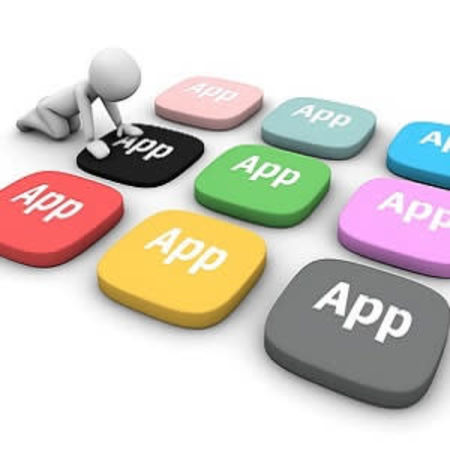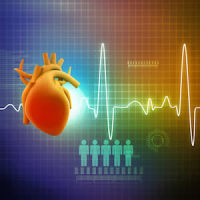Cardiac rehabilitation (CR) is recommended for patients with coronary heart disease; however, participation among veterans remains poor. Results of a new study show the feasibility of a smartphone-enabled, home-based CR for secondary prevention in veterans with heart disease. The technology-based intervention is associated with moderate to high levels of engagement and patient satisfaction, according to the study published online in The American Journal of Cardiology.
Study participants also reported improved self-care behaviours including exercise and medication adherence. However, researchers note "these findings should be carefully interpreted considering the small sample size and lack of a comparator group and should be considered exploratory."
This is the first study of its kind in veterans, showing that newer mobile technologies can be successfully adopted in this population despite little precedent and the need for a certain level of technologic literacy. Nearly half of the participants were older than 65 years of age and/or smartphone-naïve, factors which may limit many patients from successfully adopting mobile health (mHealth) interventions.
Qualified veterans were prospectively enrolled in a single-arm, nonrandomised feasibility study of a smartphone-enabled, home-based CR programme featuring an app with daily reminders to exercise, log vitals, and review educational materials. A coach (a cardiology physician's assistant) remotely monitored patients through an online dashboard and scheduled telephone visits. The dashboard allowed the coach to review the patient-entered app data – including patient messages and symptom alerts – develop tailored exercise plans for each participant. Clinical endpoints were assessed as an exploratory aim.
After 21 veterans (96% were male) provided informed consent for this study, 18 were enrolled and successfully completed at least 30 days of the programme; 13 completed the entire 12-week intervention. Programme completers logged a mean (SD) of 3.5 (1.4) exercise sessions and 150 (86) exercise minutes per week. The majority (84%) of programme completers reported being satisfied overall with the programme. Mean functional capacity improved by 1.0 metabolic equivalents (5.3 to 6.3, 95% CI, 0.3 to 1.7; P=0.008) and mean resting systolic blood pressure (SBP) improved by 9.6 mmHg (MD 9.6, 95% CI -19.0 to -0.7; P=0.049) among completers.
"A majority of participants were satisfied or very satisfied with the intervention, and many of them used the unique features of the app including the electronic health diary, secure app messaging with the coach, and the educational modules," the study authors write. "There was no observed attrition in the use of the app over time with consistent participation from weeks 4 through 12. Participants also reported improved self-care behaviours including exercise, medication adherence and self-care."
The app evaluated in this study offers several potential advantages over previously published programmes, according to the authors. It provided an interconnected platform between the patient's smartphone and the coach, allowing for easier data sharing and communication (two-way messaging using a HIPAA-compliant protocol more secure than SMS), and is commercially available, thereby making it easier for this mHealth approach to be translated clinically and tested at other facilities, the authors explain.
Source: American Journal of Cardiology
Image Credit: Pixabay
References:
Harzand A et al. (2018) Feasibility of a Smartphone-Enabled Cardiac Rehabilitation Program in Male Veterans With Previous Clinical Evidence of Coronary Heart Disease. Am. J. Cardiol, Article in Press; Available online 4 August 2018. https://doi.org/10.1016/j.amjcard.2018.07.028
Latest Articles
coronary heart disease, smartphone app, cardiac rehabilitation
Cardiac rehabilitation (CR) is recommended for patients with coronary heart disease; however, participation among veterans remains poor. Results of a new study show the feasibility of a smartphone-enabled, home-based CR for secondary prevention in veteran



























